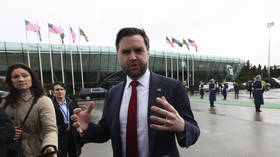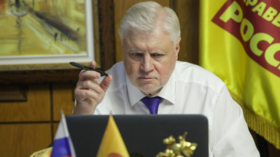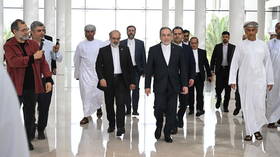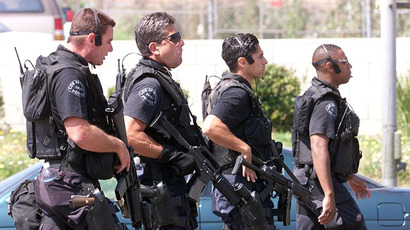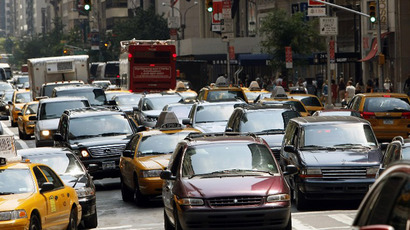Watchers watched: Boston cops grumpy over GPS trackers on cruisers
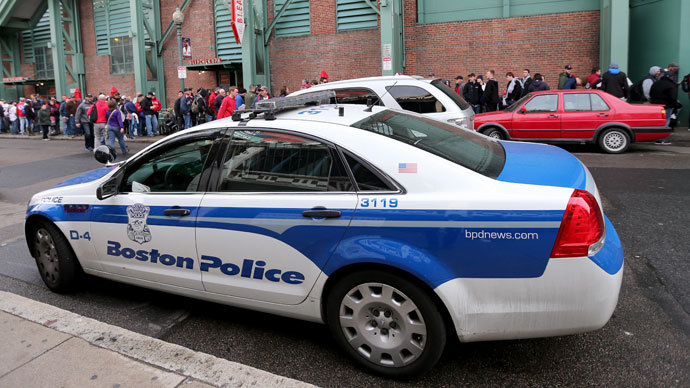
While some police officers would like to be able to use GPS trackers on suspects without a warrant, being on the receiving end of surveillance is taken quite differently. Boston cops are concerned about the pending use of trackers on their cars.
The devices would monitor the movement of cruisers in real time, and their adoption comes following negotiations between the city and the patrol officers union, reports The Boston Globe. The installation needs the approval of the city council, but is likely to happen.
“We’ll be moving forward as quickly as possible,” Edward F. Davis said in an interview shortly before he resigned as Boston police commissioner early in November. “There are an enormous amount of benefits. . . . This is clearly an important enhancement and should lead to further reductions in crime.”
GPS tracking would give dispatchers more flexibility in managing units, reducing response times, which is especially important in developing situations. It will also help enforcing rules on patrol zones the patrolmen operate under. But some officers are concerned with the new level of scrutiny they are going to face.
“No one likes it. Who wants to be followed all over the place?” said one officer who spoke to the newspaper anonymously because department rules forbid police from speaking to the media without authorization. “If I take my cruiser and I meet [reluctant witnesses] to talk, eventually they can follow me and say why were you in a back dark street for 45 minutes? It’s going to open up a can of worms that can’t be closed.”
Another voiced concern over police movements being exposed to hacker attacks: “How long is it going to be before some criminal mastermind . . . gets some kids at MIT to figure out how to break into the GPS system?” he asked. “Then they know where the cops are and can go rob banks.”
The situation seems quite ironic, considering that police are ready to embrace surveillance technology when it comes to tracking suspects. US courts however frown when officers cut them out of the loop and resort to GPS tracking without a warrant.
Tracking aware public servants is different from tracking unaware civilians, but it raises a range of issues too, says the ACLU of Massachusetts.
"Concerned officers at the Boston Police Department are exactly right when they warn about the sensitivity of this information," the civil rights group said. "As these anonymous officers and their union official argue, tracking someone’s location as they go about their day-to-day life is incredibly invasive."
Car trackers are not the only measure that would put Boston police under more scrutiny. The new contract agreement also brings permanent records from cameras monitoring district stations. Those are meant to help fight allegations of abuse of suspects in police custody.
Neil Richards, a law professor at Washington University in St. Louis, said the scrutiny may produce some of the intended benefits.
"We change our behavior to reflect what won’t get us into trouble, whether that’s being gentler with suspects, not rioting, or not stealing from the till," he told Ars Technica.
"We also know that surveillance inclines citizens toward the mainstream, the ordinary, and the boring. The challenge for our digital society is to use surveillance to deter law-breaking and other seriously anti-social acts while not deterring individuality, political dissent, or [a] trip to Dunkin Donuts,” he added.
Boston has equipped all city school buses with GPS trackers. This was one of the reasons why bus drivers went on a one-day impromptu strike last month. It was indirectly caused by the US federal government shutdown, which prevented the National Labor Relations Board from reviewing complaints from the drivers, a situation that angered them enough to stop work.




